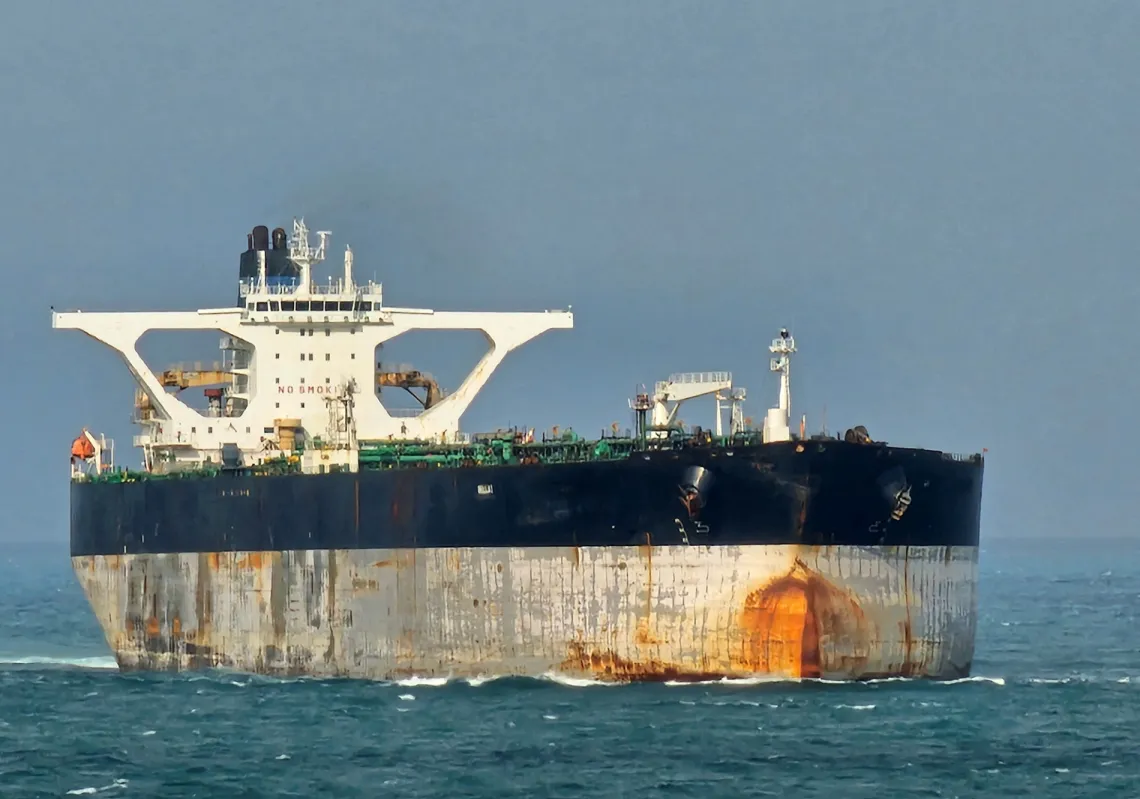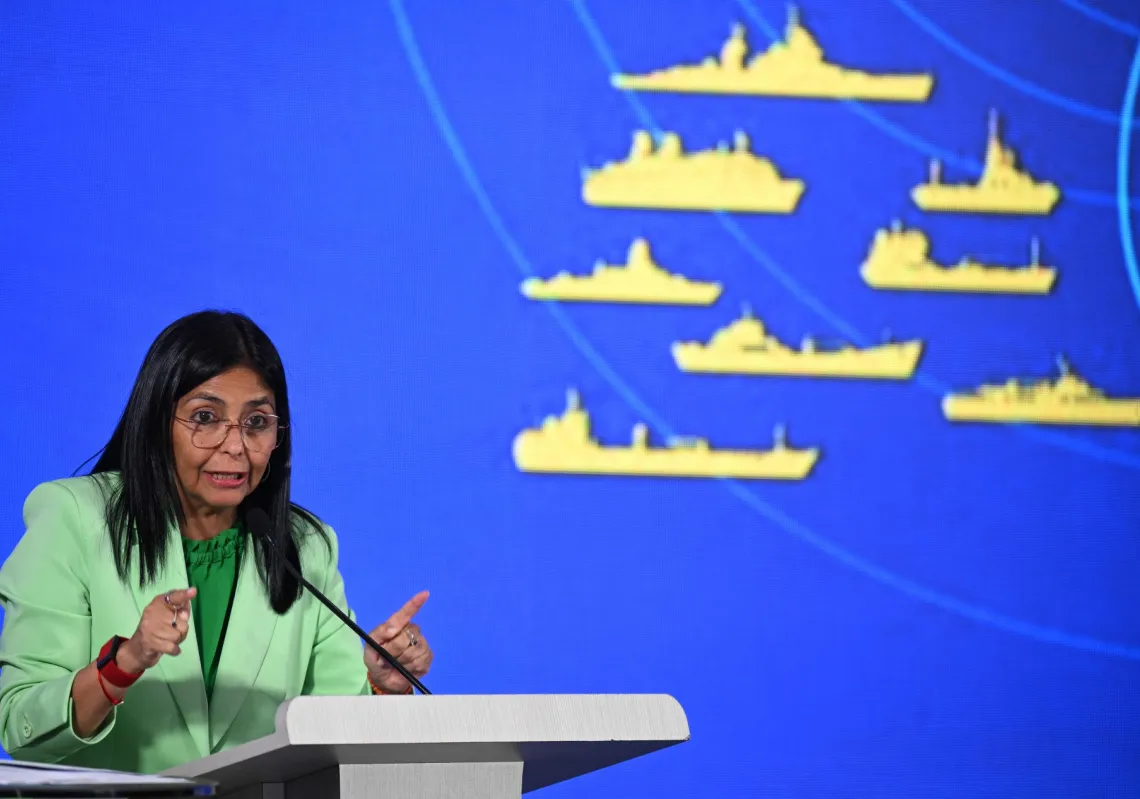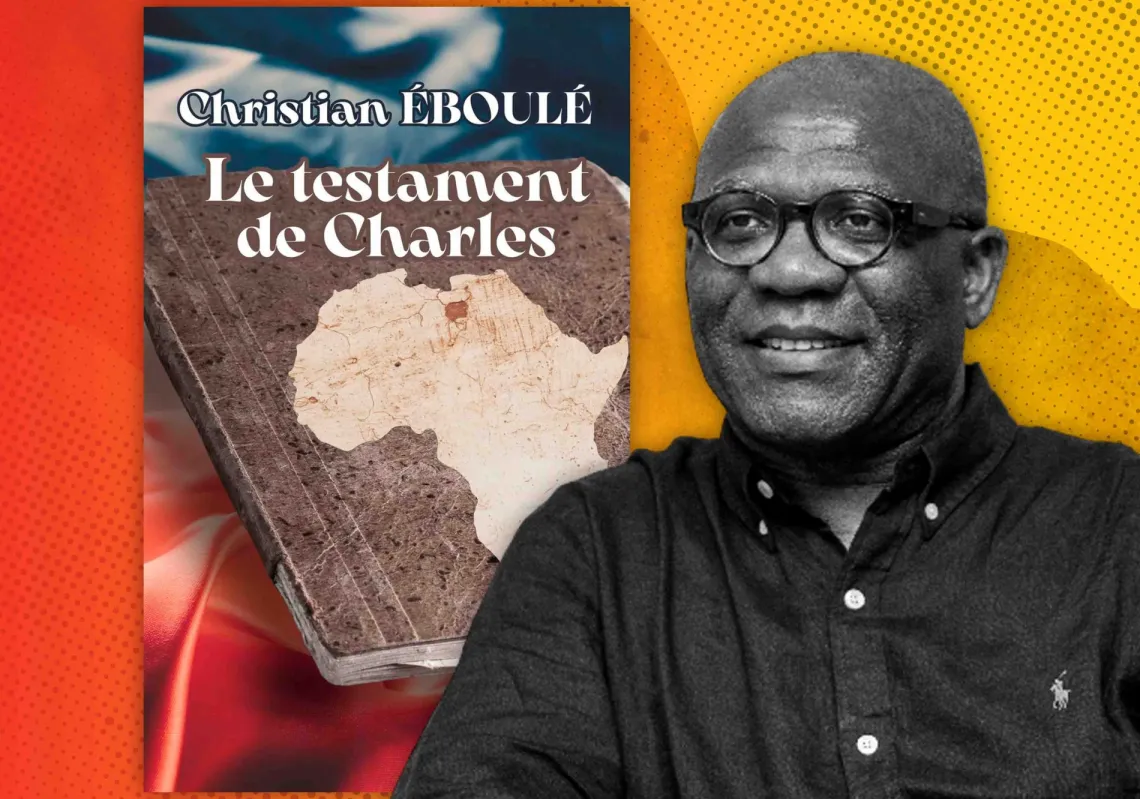There are significant differences between Ataturk and Ahmed Dauad Oglu in terms of personality, theory, interpretation, and government. The former believed that his country was saturated in an Islamic hue, Sufism, underdevelopment, corruption, besides its proximity to the Muslim world. He believed that Turkey had to move towards the West with her heart, mind, language, and culture. He saw in the East and "Islam" a burden that Turkey must rid herself of. He was able to achieve his objectives through force, decisiveness, and terrorism. He hanged hundreds of people because they were slow to adapt to wearing a hat.
The transformation of Turkey was not that much different from the French revolution in terms of violence. Some of the ideas of Turkey's ruler were inspired by the French revolution. Ataturk assumed the position of the philosopher of the revolution like other third world military rulers, who aspire to become philosophers after coming into power. Ataturk also witnessed the Bolshevik revolution. He shaped Turkey according to those two models – France and Russia. But the changes he made were not radical ones. In fact they were dangerously pretentious changes rather than being useful changes. And, as Oglu demonstrates in his writings on thought and behavior, artificial changes do not last for long. His writings are not that different from those of Malik bin Nabi on obsolete ideas and imported ideologies.
One hundred years later, Turkey has experienced or is experiencing another revolution. The difference is that this revolution is a quiet noiseless and without a god-like leader. Its ideas are very persuasive. It enjoys a combined religious and worldly spirit, and has benefited greatly from the experience of the West.
The new revolution has a higher level of intellectualism than the first revolution. The ideas of the new revolution are complex. They are a combination of French-Ataturk secularism and the contemporary Islamic movement. They are a result of the suffering resulting from trying to reconcile two different ideals - secularism and Islamism. The new revolution is like a new edifice that will be built on the solid political, moral, religious and social foundations of Turkey. The building will also require looking into modern models, methods and innovations.
The current revolution could not have been possible if its ideas were not followed by practical steps to implement them. It could not have been possible if those who started it did not have the courage to rebel against their own culture and ideas. They rebelled against Arbakan, the founder of the revolution, and his views. Arbakan saw their act as an act of treason and betrayal. But his position can be justified. It is consistent with the man's struggle, history and devotion.
In my opinion both sides are right. Betrayal is the discourse of conservatives, and progress is the slogan of modernists. Practical steps concerned with implementing intellectual ideas are the crux of the matter. Merely inspirational ideas are not very effective. The success of an honest Government requires providing security, housing, incomes, justice, freedom and democracy.
A modernizer is a person living in the present moment. It is expected of him to try to cope with events and control them if possible. On the contrary, a conservative is loyal to the good old values that are not expected to last for long. These values are ideas that have become obsolete even if they are good, utopianistic, nostalgic, and inspiring. But they are like our old beloved fathers and ancestors who cannot stay with us forever. Despite all their efforts to hang on to life, in the end they are destined to die.
Despite being old-aged, exponents of the discourse of the new revolution are vibrant and bold. Old men like these (most of them are more than 60 years old) should have been overwhelmed by such a discourse as that propagated by younger generations. But they managed to overcome their fear by putting their ideas to the test of actual practice. On the international level, they strengthened their relations with Europe, America, Armenia, Iran, and Syria. On the internal level, they provided a fantastic package of services. In the past five years they built more roads than the Turkish Republic had built in a whole century. They were not content with strident speeches and propaganda, and provided the people with real homes. Their policy is to end all kinds of crises, either internal or external. Their discourse is perfect, if not overly idealistic. But such idealism will certainly find itself in the face of the harsh facts of reality.
The current government is bringing a courageous philosophy into a country that hasn’t been used to this kind of courage for the past century. It is a flexible philosophy in a country accustomed to being inflexible. It is a practical government in a country that has a wide imagination, embraces the rhetoric of the past, and relies on its nostalgic heritage in its confrontations with the West and the Muslim countries.
This kind of intelligence and enthusiastic activity has created many enemies to this government. Some of these enemies are: a reactionary philosophy looking for revenge; envious neighbours ready to plant Israeli, Kurdish, secular, Islamist, Iranian, national, European and Arab thorns in the Turkish flesh in order for such a success to fall into decay. This might lead to the emergence of a new Ataturk who might manipulate the present or the past, but confrontation will give him legitimacy in the end.
Mohamed El-Ahamry








